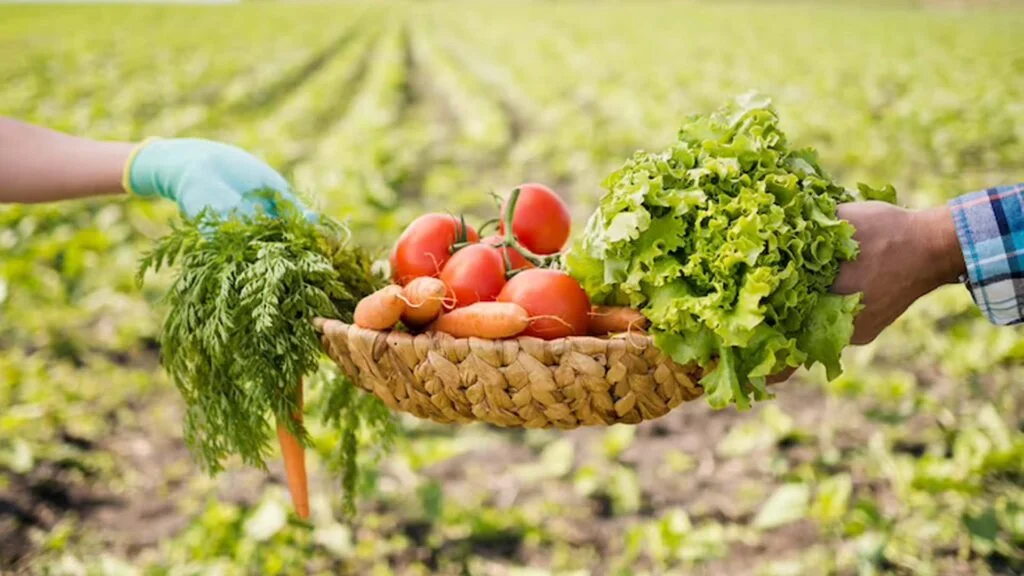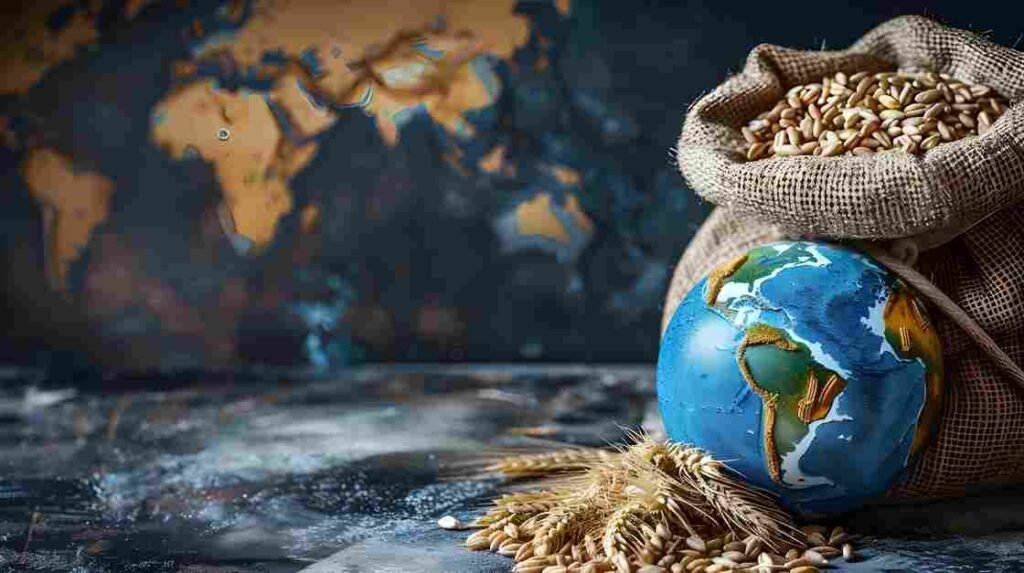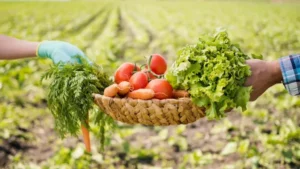Introduction
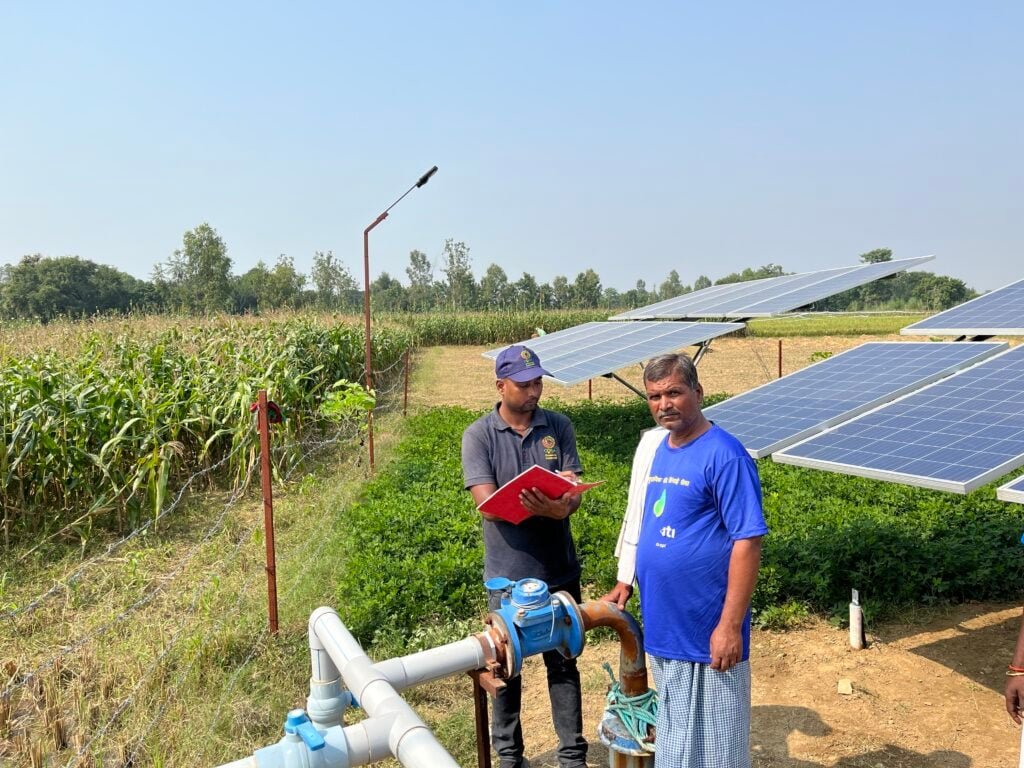
The future of agriculture lies in sustainable practices that can feed a growing global population while preserving the environment. Modern technologies are playing a pivotal role in making agriculture more efficient, resource-efficient, and environmentally friendly. From precision farming and genetic engineering to the use of drones and AI, these innovations are transforming traditional farming methods. By incorporating cutting-edge technologies, farmers can minimize environmental impact, increase crop yields, and ensure food security for future generations. This article explores the most impactful modern technologies in sustainable agriculture and how they contribute to more sustainable and resilient farming practices.
1. Precision Farming
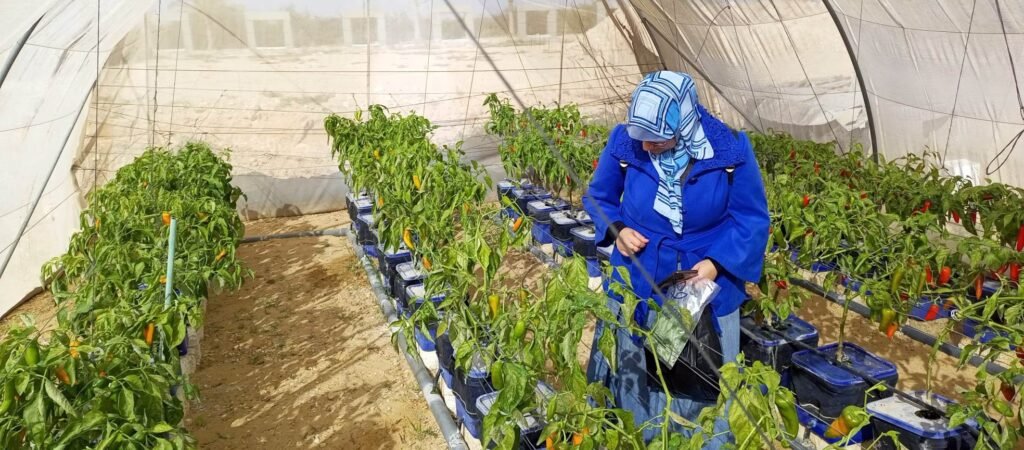
Precision farming, also known as precision agriculture, uses data and technology to optimize farming practices, enhancing crop production while minimizing environmental harm. By using Modern technologies and sensors, GPS, and data analytics, farmers can manage their crops with unparalleled accuracy.
- GPS Technology: GPS allows farmers to monitor crop fields in real-time, enabling precise mapping of soil health, moisture levels, and nutrient content. This data helps optimize irrigation, fertilization, and planting.
- Sensors and IoT Devices: Sensors that measure soil moisture, temperature, and nutrient levels enable farmers to make data-driven decisions, improving resource management and reducing waste.
- Variable Rate Technology (VRT): VRT allows farmers to apply fertilizers, pesticides, and water in precise amounts based on the needs of individual parts of a field, reducing overuse and minimizing environmental impact.
2. Drones and Aerial Imaging
Drones in Modern technologies are revolutionizing the way farmers monitor their crops and livestock. By capturing aerial images and utilizing sensors, drones provide valuable insights into crop health, soil conditions, and overall farm performance.
- Crop Monitoring: Drones equipped with multispectral cameras can monitor crop health by detecting early signs of diseases, pests, or nutrient deficiencies. This allows for quick intervention, reducing the need for excessive pesticide use.
- Precision Application: Drones can apply fertilizers, pesticides, and herbicides more precisely, reducing chemical runoff into surrounding ecosystems and improving the effectiveness of treatment.
- Mapping and Surveying: Drones are used for mapping large agricultural areas, providing real-time data on field conditions and helping farmers plan more effective crop rotations and land management strategies.
3. Artificial Intelligence and Machine Learning
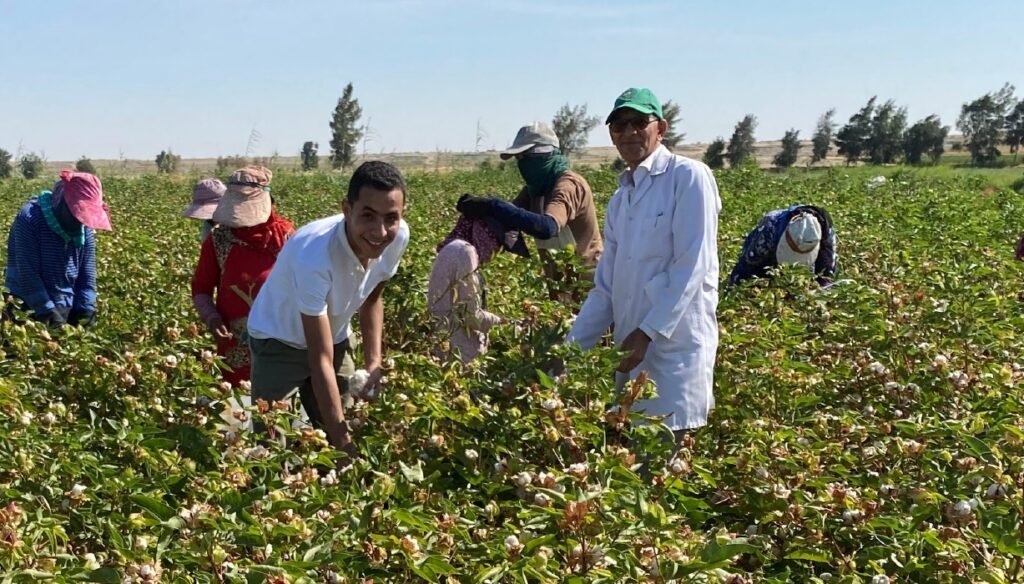
Artificial intelligence (AI) and machine learning (ML) in Modern technologies have become integral to modern agriculture, providing farmers with predictive insights and automated solutions that enhance sustainability.
- Data Analysis: AI algorithms can analyze vast amounts of data from sensors, drones, and satellite images to identify patterns, predict crop yields, and detect potential problems, enabling farmers to make better-informed decisions.
- Autonomous Farming Equipment: AI-powered machinery, such as autonomous tractors and harvesters, can perform tasks like planting, weeding, and harvesting more efficiently. These machines reduce the need for manual labor and improve productivity, while also minimizing resource use.
- Predictive Analytics: Machine learning models can predict weather patterns, pest outbreaks, and market trends, helping farmers plan their operations more effectively and reduce waste.
4. Genetic Engineering and Biotechnology
Genetic engineering is a powerful tool in the field of sustainable agriculture, enabling the development of crops that are more resistant to diseases, pests, and extreme weather conditions. Biotechnological in Modern technologies advances contribute to improving both crop yield and quality while reducing the need for chemical inputs.
- Genetically Modified Organisms (GMOs): GMOs are engineered to withstand pests, diseases, and environmental stressors, reducing the need for chemical pesticides and herbicides. Crops such as Bt cotton and Roundup Ready soybeans have been developed to be resistant to specific pests and herbicides, improving crop yield and reducing environmental impact in Modern technologies.
- Gene Editing: Techniques like CRISPR allow scientists to make precise modifications to crop genomes, improving traits such as drought tolerance, pest resistance, and nutritional content. This technology holds great promise for developing crops that can thrive in changing climatic conditions.
- Biofertilizers: The use of genetically engineered microorganisms that enhance soil fertility can reduce the dependency on chemical fertilizers, leading to more sustainable farming practices.
5. Vertical Farming and Hydroponics
Vertical farming and hydroponics are modern techniques that allow for growing crops in urban areas or spaces with limited land availability. These methods use technology to grow food with minimal water and without the need for large plots of land.
- Hydroponics: Hydroponic farming uses nutrient-rich water solutions to grow plants without soil, significantly reducing water usage compared to traditional soil-based farming. This method can be implemented in areas with limited water resources in Modern technologies.
- Vertical Farming: Vertical farming involves growing crops in stacked layers, typically in controlled indoor environments. This method maximizes space and reduces the need for large amounts of land. It also allows for year-round crop production, regardless of weather conditions.
- Automation: Both vertical farming and hydroponics rely heavily on automated systems for monitoring environmental factors such as light, temperature, humidity, and nutrient levels. These systems help ensure optimal growing conditions for crops, increasing efficiency and reducing resource waste in Modern technologies.
6. Smart Irrigation Systems
Water scarcity is one of the most pressing challenges in agriculture. Smart irrigation systems in Modern technologies leverage technology to optimize water use and reduce waste by delivering water only when and where it is needed.
- Drip Irrigation: This method delivers water directly to plant roots, minimizing water loss through evaporation or runoff. It is highly efficient and can be adapted for use in both large-scale farms and small, localized systems.
- Soil Moisture Sensors: These sensors measure the moisture levels in the soil and provide real-time data on when irrigation is needed. This ensures that crops receive the right amount of water without over-irrigating, reducing water usage and preventing soil erosion in Modern technologies.
- Weather-Based Irrigation: Smart irrigation systems can be connected to weather data sources to adjust watering schedules based on rainfall predictions and local weather patterns, preventing unnecessary irrigation during rainy periods.
7. Renewable Energy Integration
The integration of renewable energy sources in Modern technologies, such as solar and wind power, into farming operations is contributing to more sustainable and eco-friendly agriculture.
- Solar-Powered Equipment: Solar energy can be used to power irrigation systems, greenhouses, and other farm equipment, reducing the carbon footprint of farming operations.
- Wind Power: Wind turbines can be used to generate electricity for farms, providing a renewable source of energy that can power everything from lights to automated equipment.
- Biogas Production: Agricultural waste can be used to produce biogas, which can be used as a renewable energy source for farming operations, helping reduce dependence on fossil fuels in Modern technologies.
Conclusion
Modern technologies are transforming sustainable agriculture by improving efficiency, reducing environmental impact, and increasing resilience to climate change. Innovations like precision farming, drones, AI, genetic engineering, and renewable energy integration are making it possible for farmers to grow food more sustainably, ensuring food security for future generations.
As these technologies continue to evolve, they will play an even more crucial role in meeting the global demand for food while safeguarding the planet. By embracing these technologies, farmers can contribute to a more sustainable agricultural system that benefits both people and the environment.
Q&A Section
Q: How can precision farming improve sustainability? A: Precision farming uses data and technology to optimize resource use, such as water, fertilizers, and pesticides, minimizing waste and reducing the environmental impact of farming.
Q: What role do drones play in sustainable agriculture? A: Drones help monitor crop health, apply treatments with precision, and map farm conditions, all of which contribute to more efficient and eco-friendly farming practices.
Q: Can genetic engineering help reduce the environmental impact of farming? A: Yes, genetic engineering can produce crops that are more resistant to pests, diseases, and environmental stresses, reducing the need for chemical inputs like pesticides and fertilizers.
Resources
- Food and Agriculture Organization (FAO)
- National Aeronautics and Space Administration (NASA) – Agriculture Innovations
- U.S. Department of Agriculture (USDA) – Agricultural Technologies
- The Sustainable Agriculture Research & Education (SARE) Program


